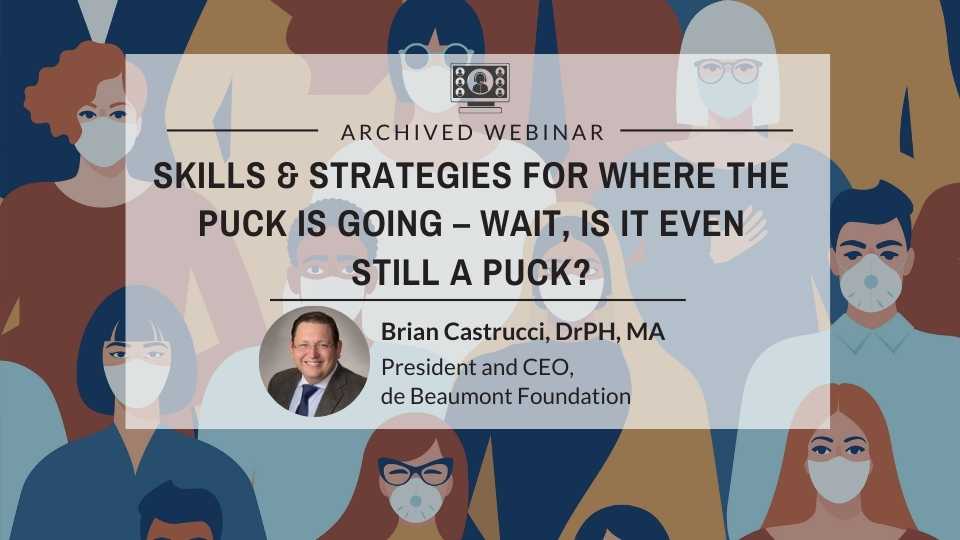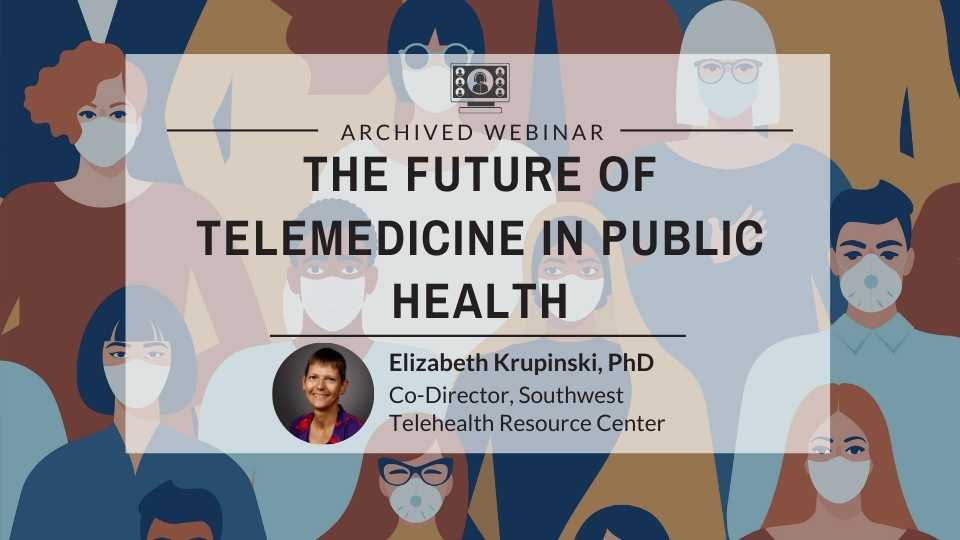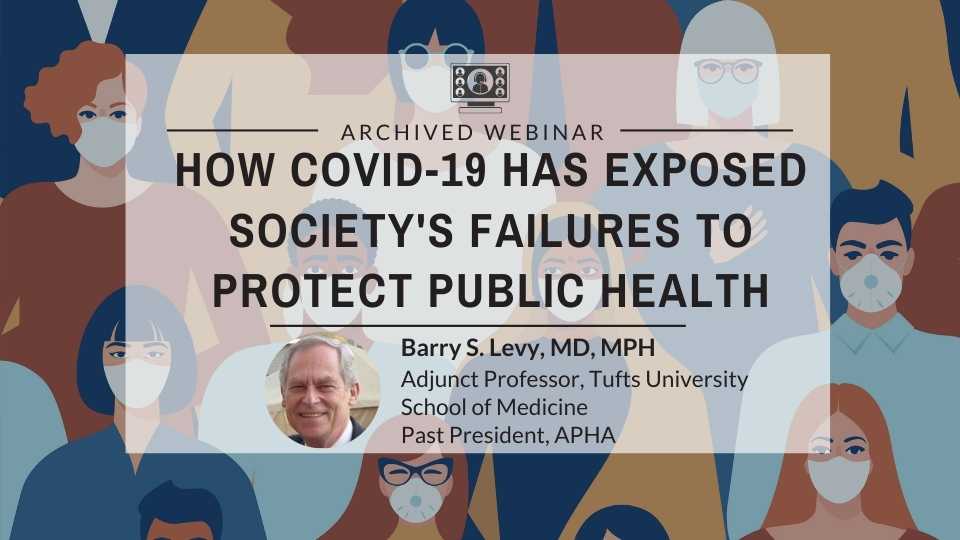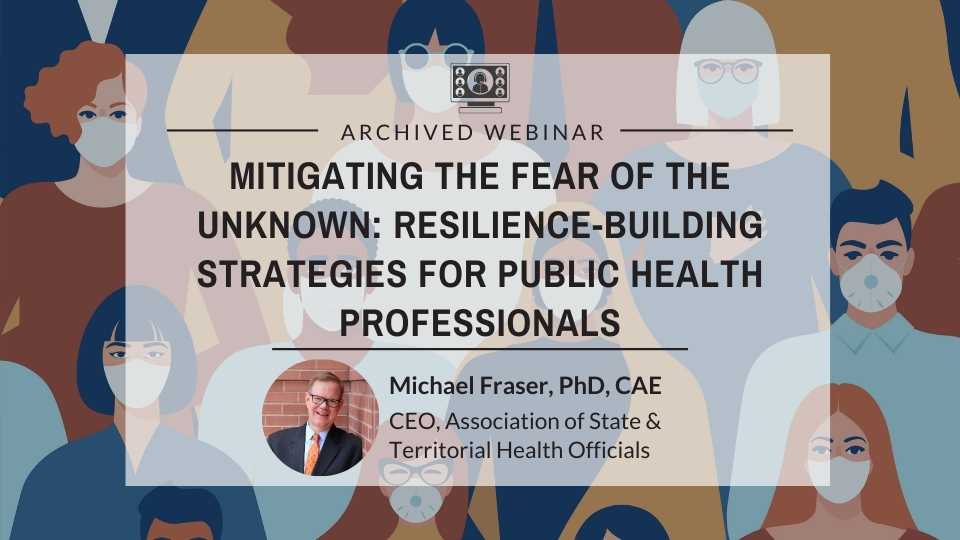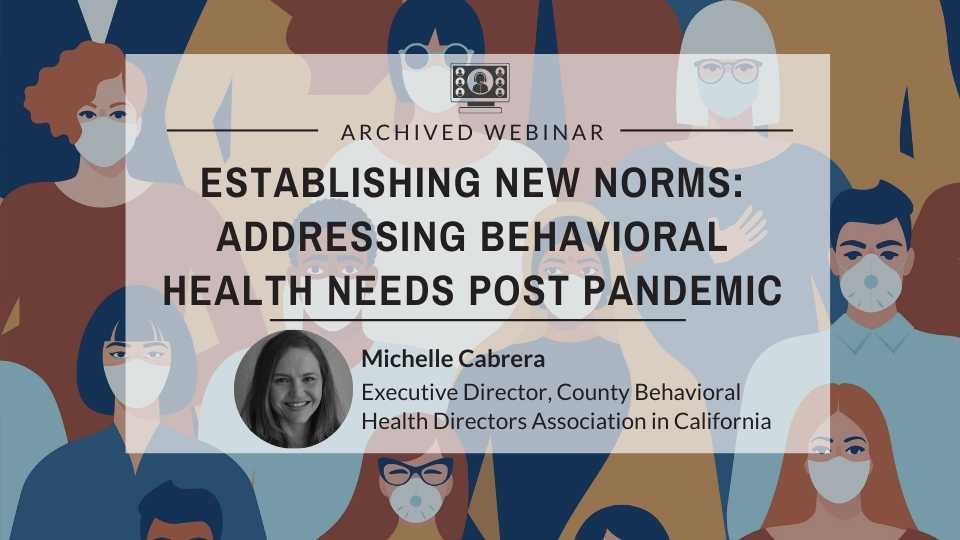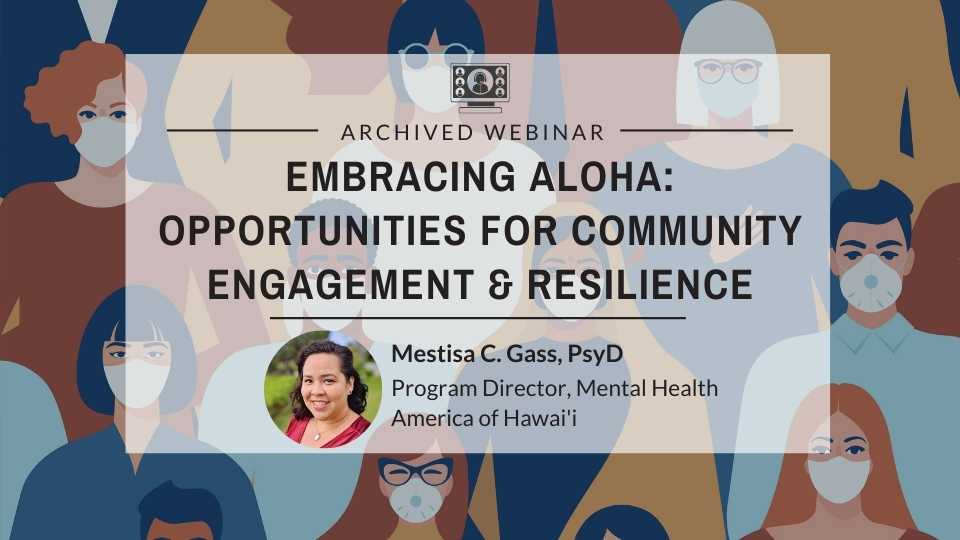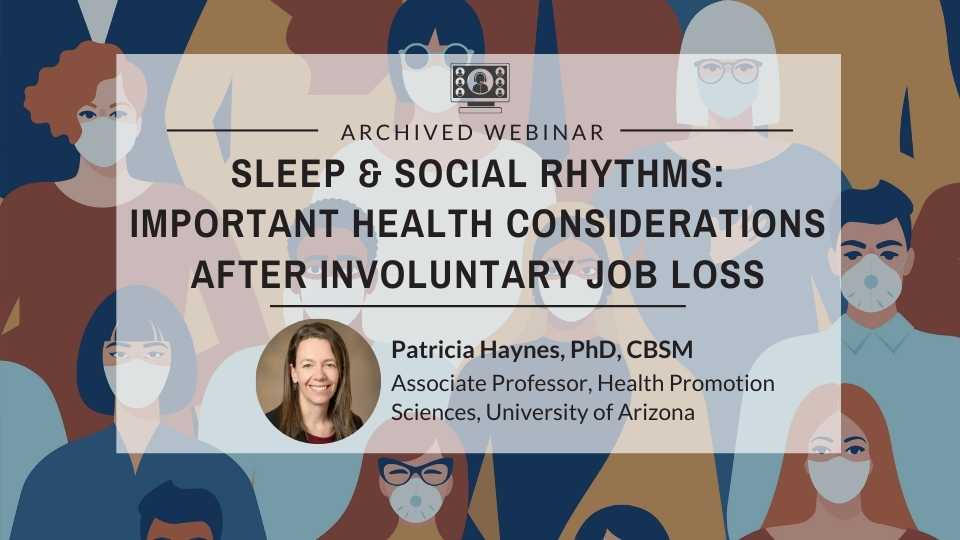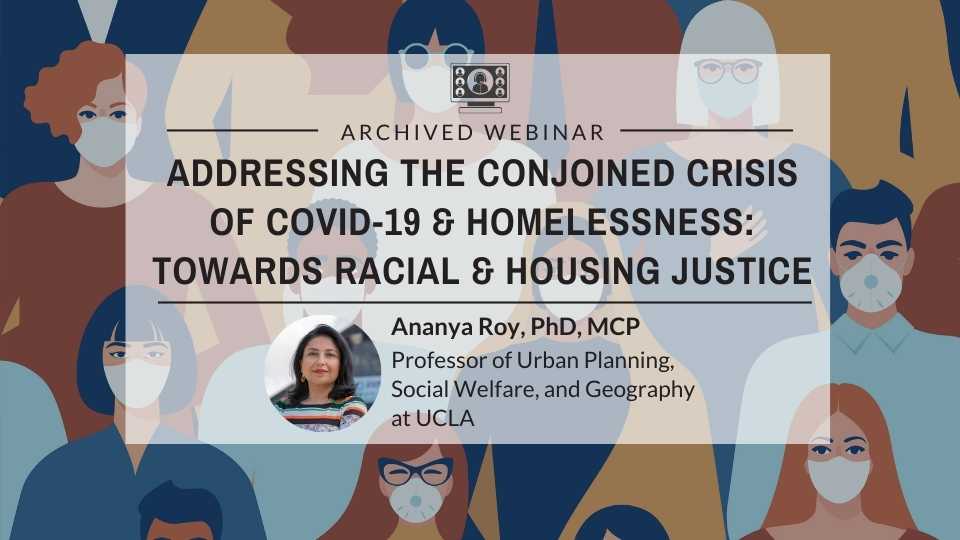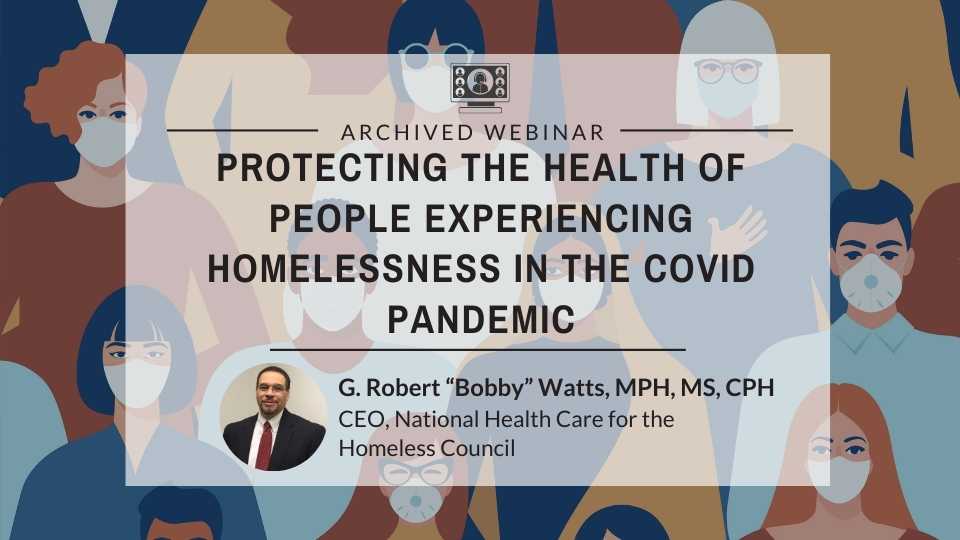The future of the public health field is uncertain, and that will continue to be true. Workforce development will play a critical role in preparing in an uncertain and constantly evolving environment. Cuts to budget health and turnover are likely to continue. It’s more important than ever that staff have strategic skills, many of which were identified several years ago by the National Consortium for Workforce Development. In particular, skills in change management and persuasive communication have grown in importance. The de Beaumont Foundation is partnering with other public health leaders and practitioners to develop several tools to equip the workforce, including a project to identify the appropriate ratio of public health staff for communities and new tools for effective communication with community partners the public. Health agencies should carefully consider how they’re using their training dollars to ensure that they are building resilient and sustainable skills.
Learning Objectives
- Gain insights about the current and future needs of the public health workforce.
- Learn which strategic skills are particularly valuable in an environment where change is the norm.
- Get access to practical tools that can help build skills.
Target Audience: Public Health Professionals
Duration: ~ 30 minutes
Continuing Education Information: 0.5 CECH for CHES
Format: Web-based Training, Self-Study
Created/ Updated: 8/2020
Presenter: Brian Castrucci
Brian Castrucci is a disruptor, instigator, and fierce advocate for public health. Inside Philanthropy once described him as a “fount of knowledge and passion when it comes to health” who speaks with “sound-bite-perfect urgency” on the social determinants of health. Over the past eight years, Brian has helped build the de Beaumont Foundation into a national powerhouse in public health philanthropy and advocacy. He now serves as the Foundation’s Chief Executive Officer. An award-winning epidemiologist with 10 years of experience in state and local health departments, Brian brings a unique background that allows him to shape and implement visionary and practical initiatives and partnerships that bring together research and practice to improve public health. Under his leadership, the de Beaumont Foundation is driving change to improve population health, foster collaboration between public health and other sectors, and strengthen the nation’s public health infrastructure. CityHealth, the BUILD Health Challenge, and the Public Health Workforce Interests and Needs Survey are among the national projects he has helped create while at the Foundation.

